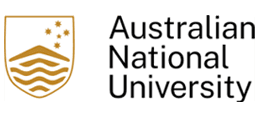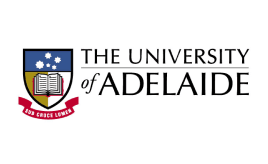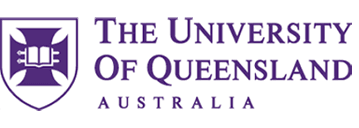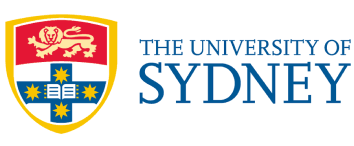New research reveals lessons from the Black Summer bushfires to avoid future biodiversity devastation
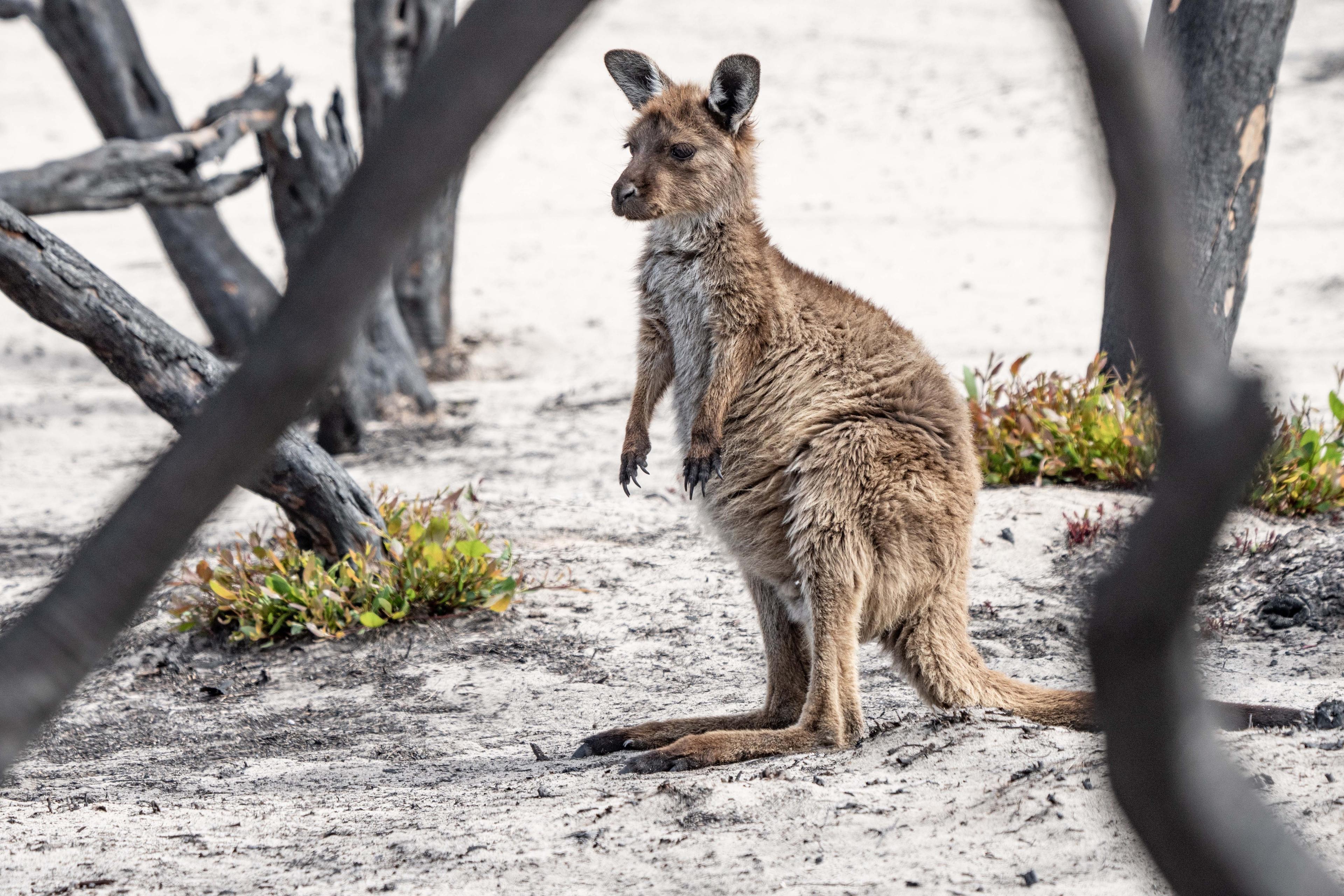
Kangaroo Island kangaroo after the 2019-20 fires. Image: Nicolas Rakotopare
Media Release
6 February 2023
The Australian Black Summer bushfires caused extraordinary losses of Australian biodiversity. Comparable losses can be avoided in future fire events with enhanced funding, planning and management, a new book reveals.
The Australian Black Summer bushfires caused extraordinary losses of Australian biodiversity. Comparable losses can be avoided in future fire events with enhanced funding, planning and management, a new book reveals.
Available today, Australian Megafires details the devastating biodiversity impacts of the 2019-20 Australian wildfires and provides important lessons for governments and communities to safeguard Australia’s natural environments from future loss.
It features contributions from more than 200 researchers and managers and is aimed at governments, NGOs, scientists, landholders and others seeking to understand the extent of biodiversity loss, and the pathway to its recovery.

Australia's Megafires, released today, synthesises the biodiversity impacts and lessons of the 2019-20 bushfires from more than 200 researchers and land managers. Image: CSIRO Publishing
The book reveals the devastation to Australia’s iconic wildlife was significant, with the fires impacting more than 300 threatened species, and hundreds of species previously considered secure.
Lead editor and Senior Research Fellow at the University of Melbourne, Dr Libby Rumpff, said that while there were many heroic and collaborative efforts made to control the fires and recover affected biodiversity, systemic issues hampered this effort and contributed to losses.
“These shortcomings included a history of underfunding, inadequate data, planning and policy shortcomings,” Dr Rumpff said.
“It is essential to document and learn from these events to avoid similar impacts and losses in the future. We want these fires to be a pivot for re-establishing how we live in this country and how we can better safeguard our natural heritage. We have so much room and so much need for improvement.”
Co-editor and biodiversity conservation expert, Professor Brendan Wintle, from the University of Melbourne, said the extensive review reveals biodiversity losses that could have been avoided with better investment in biodiversity monitoring, more targeted protection of priority biodiversity, and advanced planning of recovery efforts.
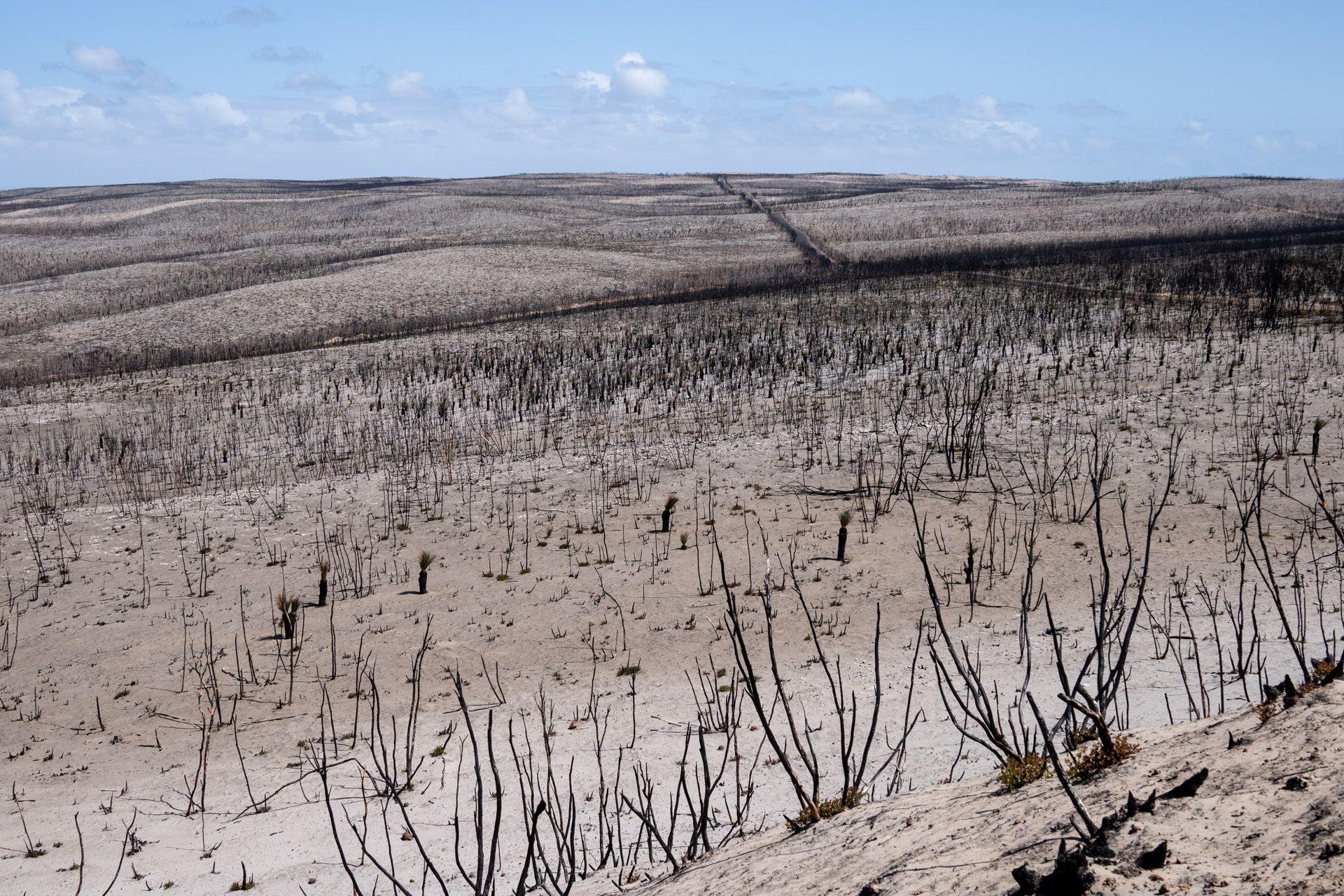
The 2019-20 black summer fires burnt more than 24 million hectares. Image: Nicolas Rakotopare
“The fires hit natural environments and species already under threat from many factors. Governments continue to focus on emergency response and band-aid solutions that ignore the ongoing decline in biodiversity resulting from a multitude of interacting threats,” Professor Wintle said.
“We will continue to see ecosystem decline and species extinctions unless we improve the way our environments and species are managed and afforded legal protection.
“Increased expenditure is needed to protect critical habitats and remove threats that compound the impacts of fire. We can bolster the resilience of nature and enhance recovery from bushfires through targeted management of threats posed by climate change, invasive pests and weeds, habitat clearing and fragmentation.”
One highlight from the research was the public response as the fires galvanised an extraordinary reaction from the Australian community and kickstarted a huge collaborative recovery effort from governments, conservation and research organisations, and Indigenous groups.
“This response showed how much Australians care for nature and were moved by its loss,” Dr Rumpff said.
“It also reminds us we can and need to do better. Although the damage is done, with time and targeted, appropriately resourced management, some of these losses can be recovered – but we must help nature heal.
“We know we will keep experiencing these severe bushfire events due to climate change. The responses and recovery actions need to be continued and transformed into better preparations for future events. We can and should use this response as a symbol of hope, and impetus to do better.”
Australian Megafires is available for purchase via CSIRO Publishing. Individual chapters are available for free download.




